Today marks the launch of a new project, Task Force Tracker: “an annotated, updated and independent hub for public use that will measure the ~200 individual recommendations against existing contracts, policies, potential conflicts and public discourse; such as the Fraternal Order of Police contract, local legislation and media reports.”
This is a joint project of Smart Chicago, City Bureau, and Invisible Institute. From the Smart Chicago side, it is done through our Documenters program, which is run by Kyla Williams.
It continues the work in our justice program, where we documented the community forums held by the Chicago Police Accountability Task Force. Our basic idea was to come up with a way to number, explain, and track every recommendation from their report. “Recommendations for Reform: Restoring Trust between the Chicago Police and the Communities they Serve“. To provide context around previous attempts at change and index the barriers to implementation. To provide a space where others can contribute and we create a living corpus of knowledge about the work we share as a city.
The result, a little more than a week later, is this independent project by two of the most principled journalism outfits in the country, working to bring community voice to bear on some of the most important issues we face in this city.
One of the first speakers of the first community forums that we documented held by the Chicago Police Accountability Task Force said something that has stuck with me:
“I’m going to put it where the goats can get it — at the heart of this is racism and racist officers and their behavior.”
It stuck with me because it is such a good approach— if you want someone to hear your message, you have to put it where they are and make it easy to consume. It also stuck with me because what this resident said maps the thrust of the actual task force report, which wrote, “We arrived at this point in part because of racism.”
When there is communion— when we are all working from the same foundation, when we’re all talking, with specificity, about the same ideas and approaches— we win, together. This project, in my view, helps bring that communion.
This work was done in the context of our KCIC Deep Dive, where we are part of a Knight Foundation cohort representing a diverse set of approaches to expanding community information and increasing community engagement.
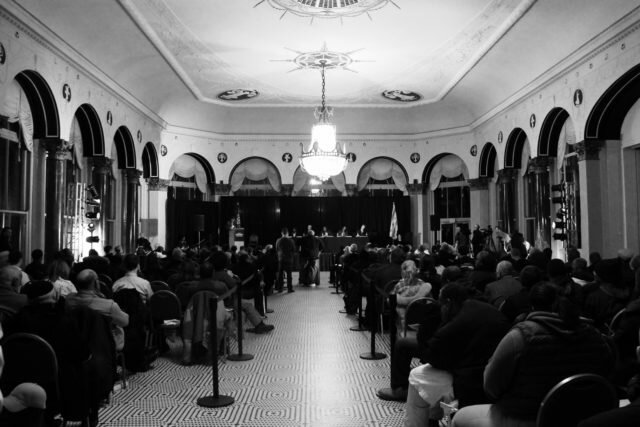
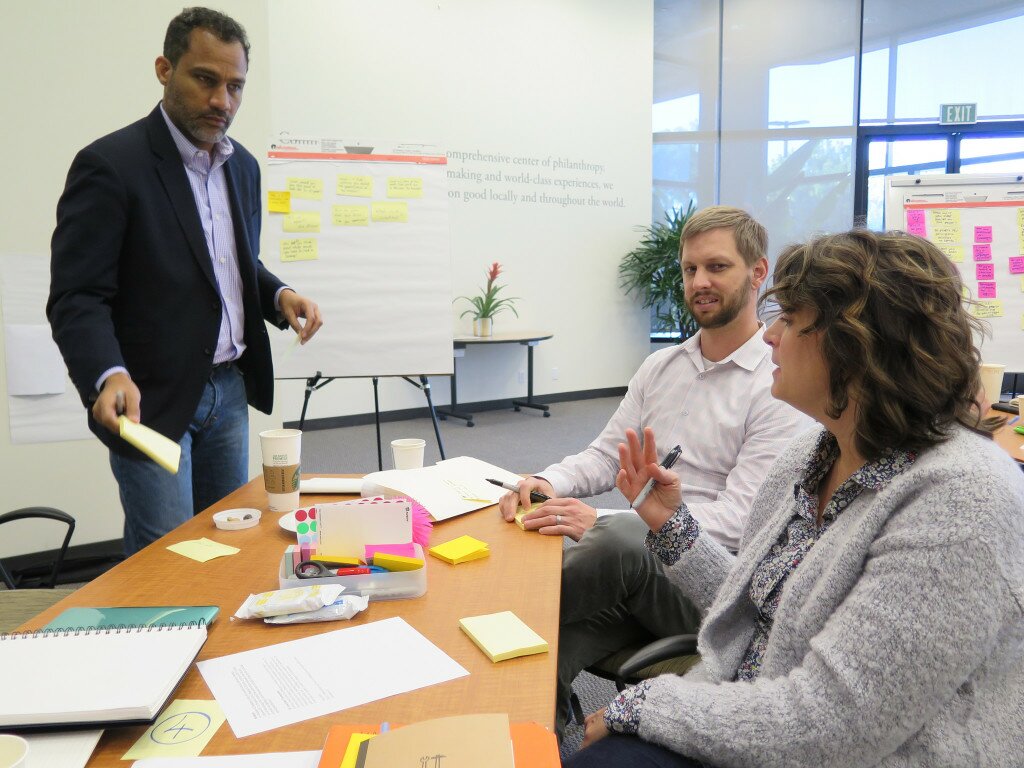
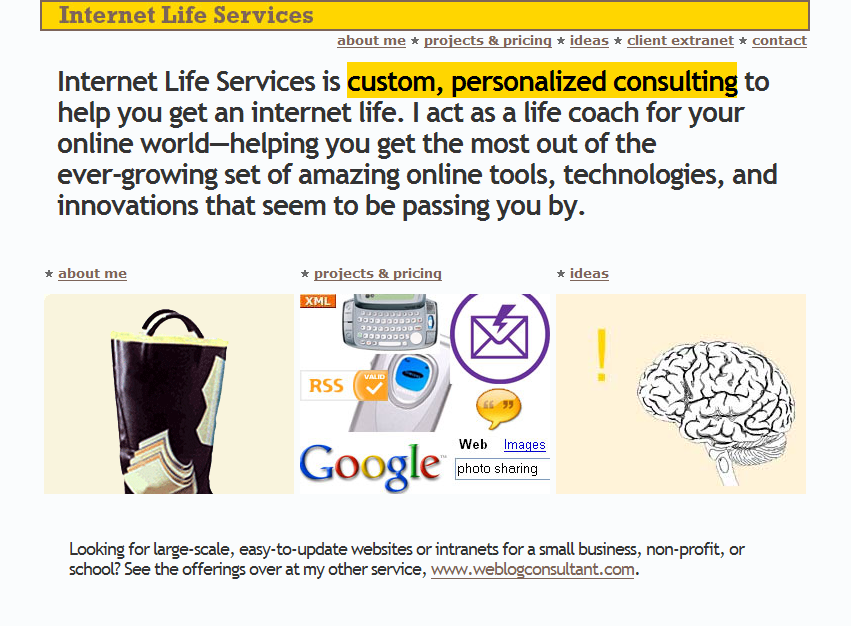
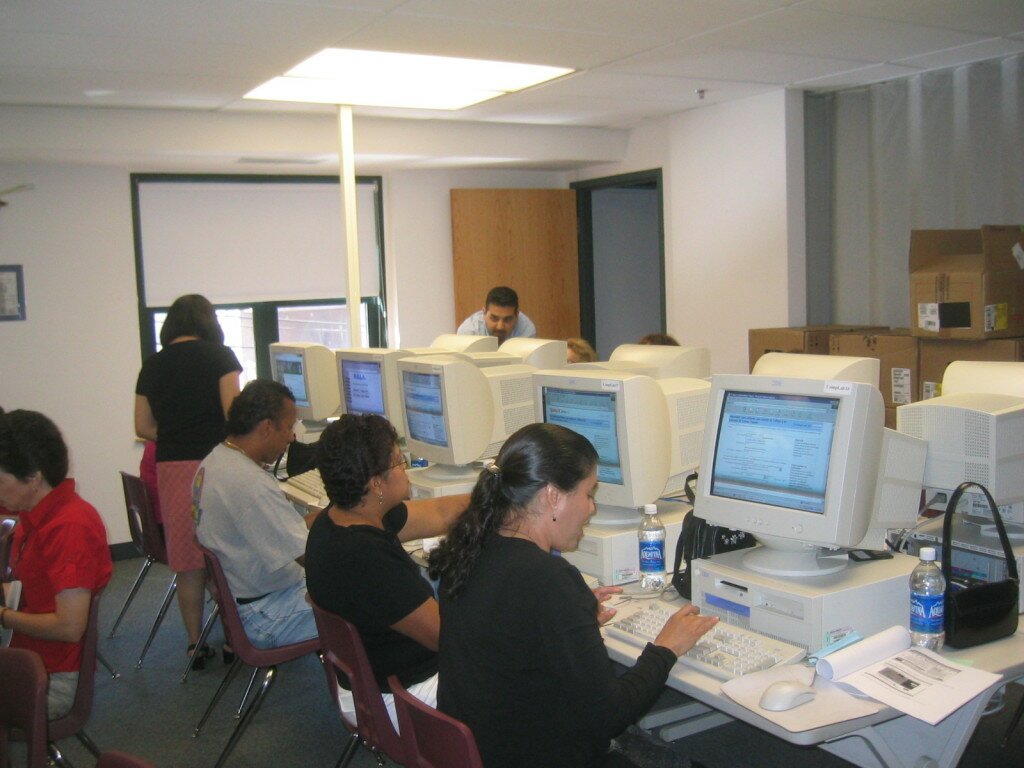
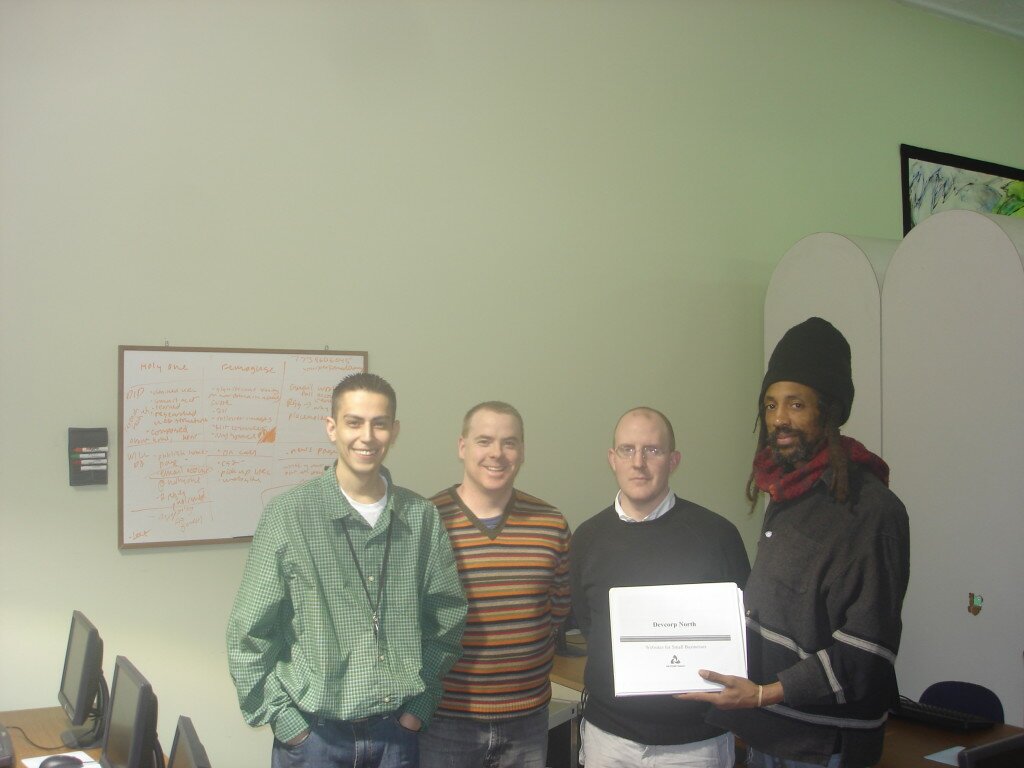
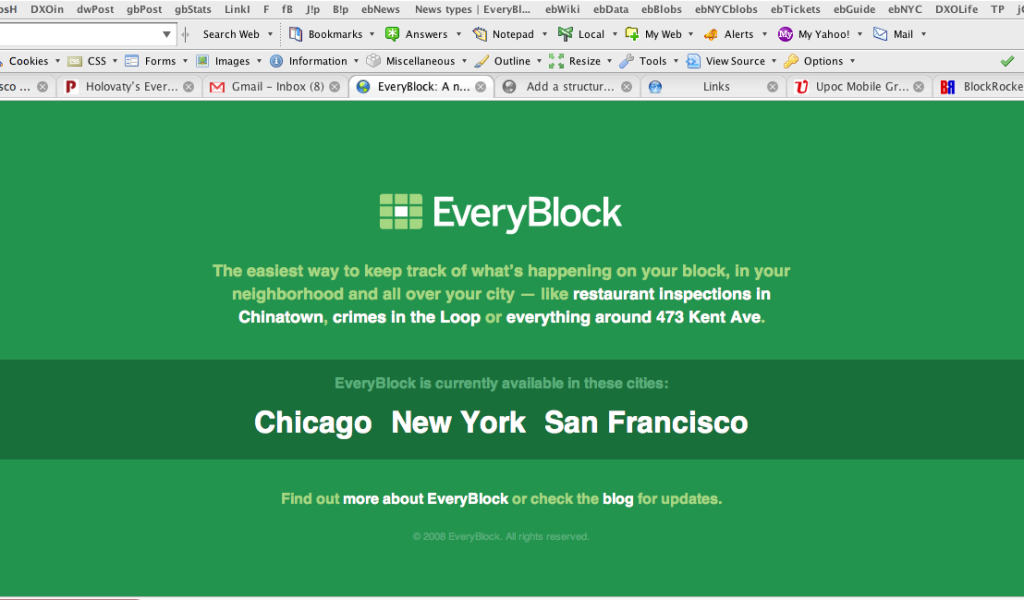
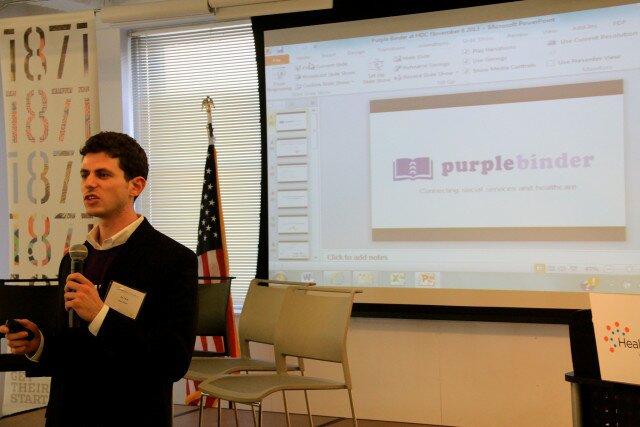
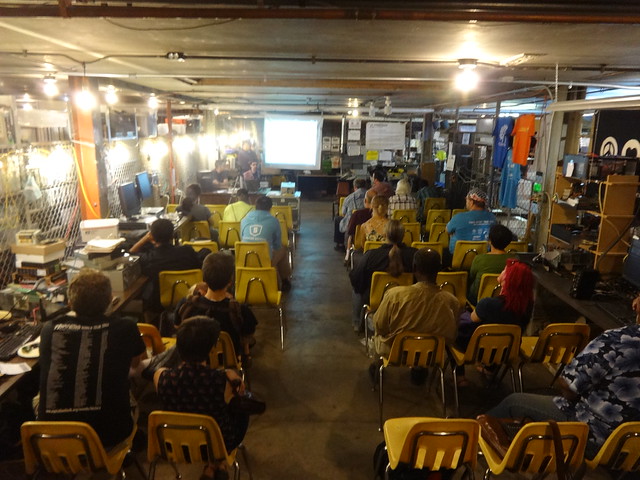
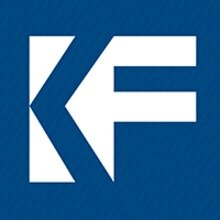 Today the
Today the 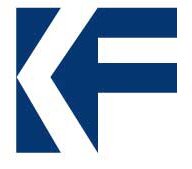 Today the
Today the